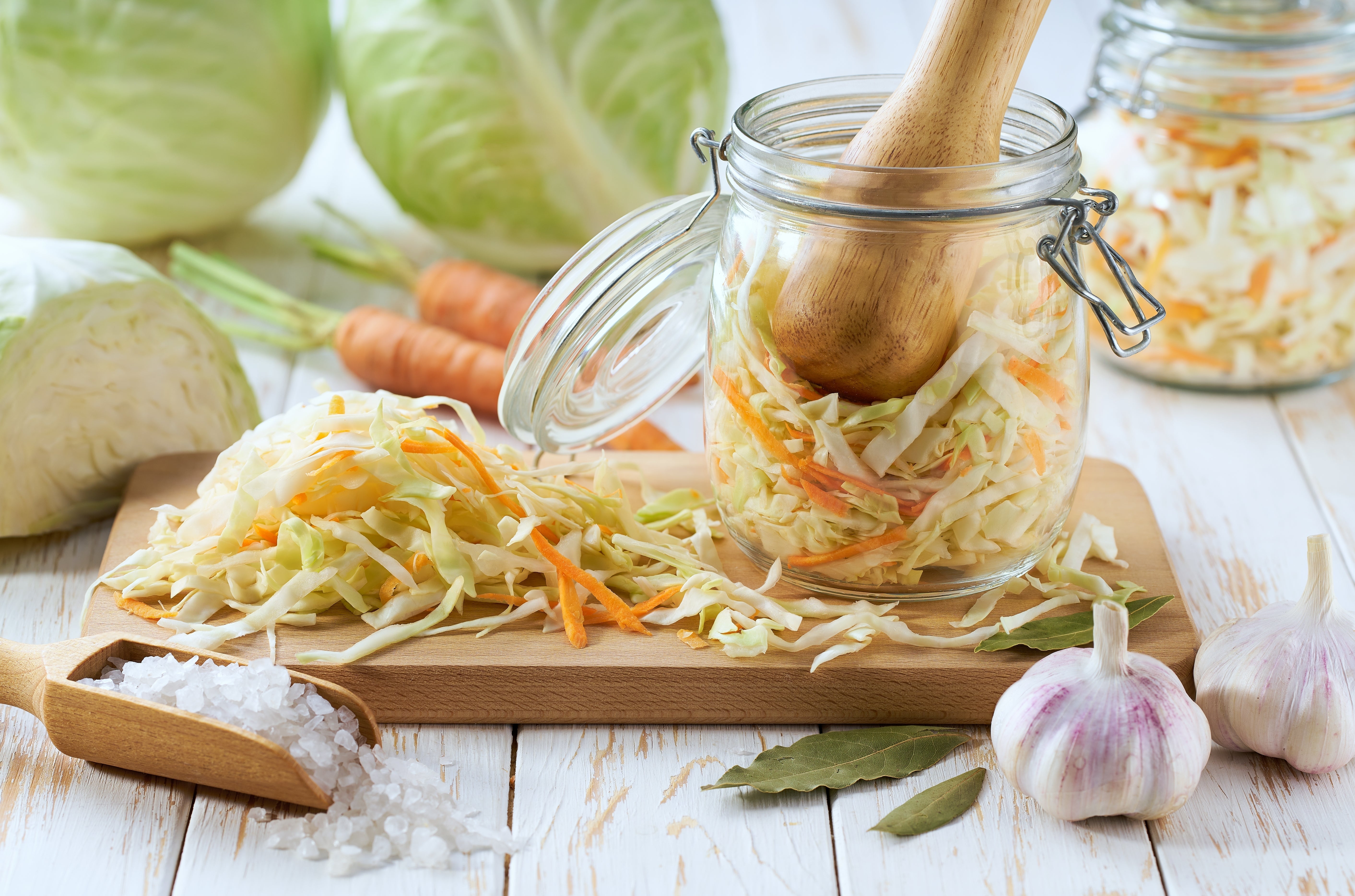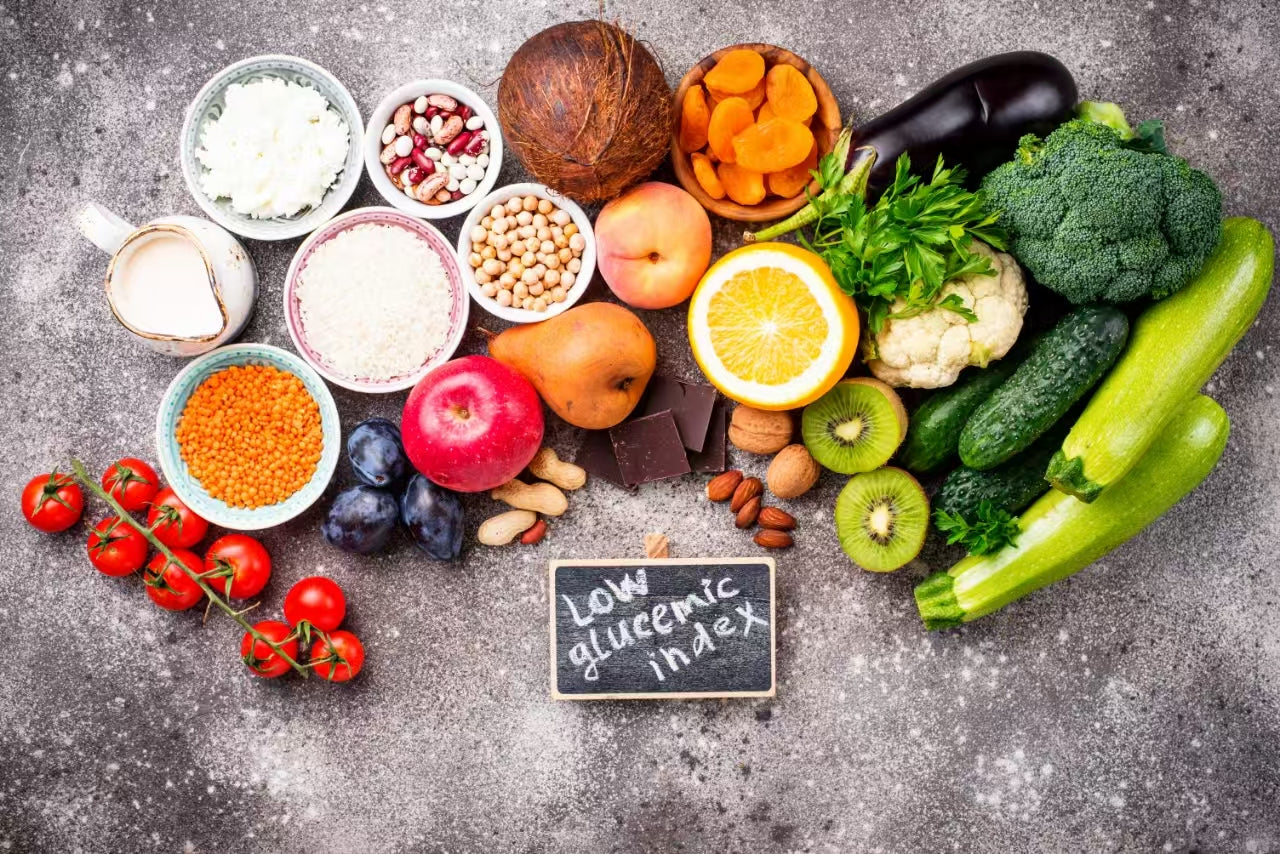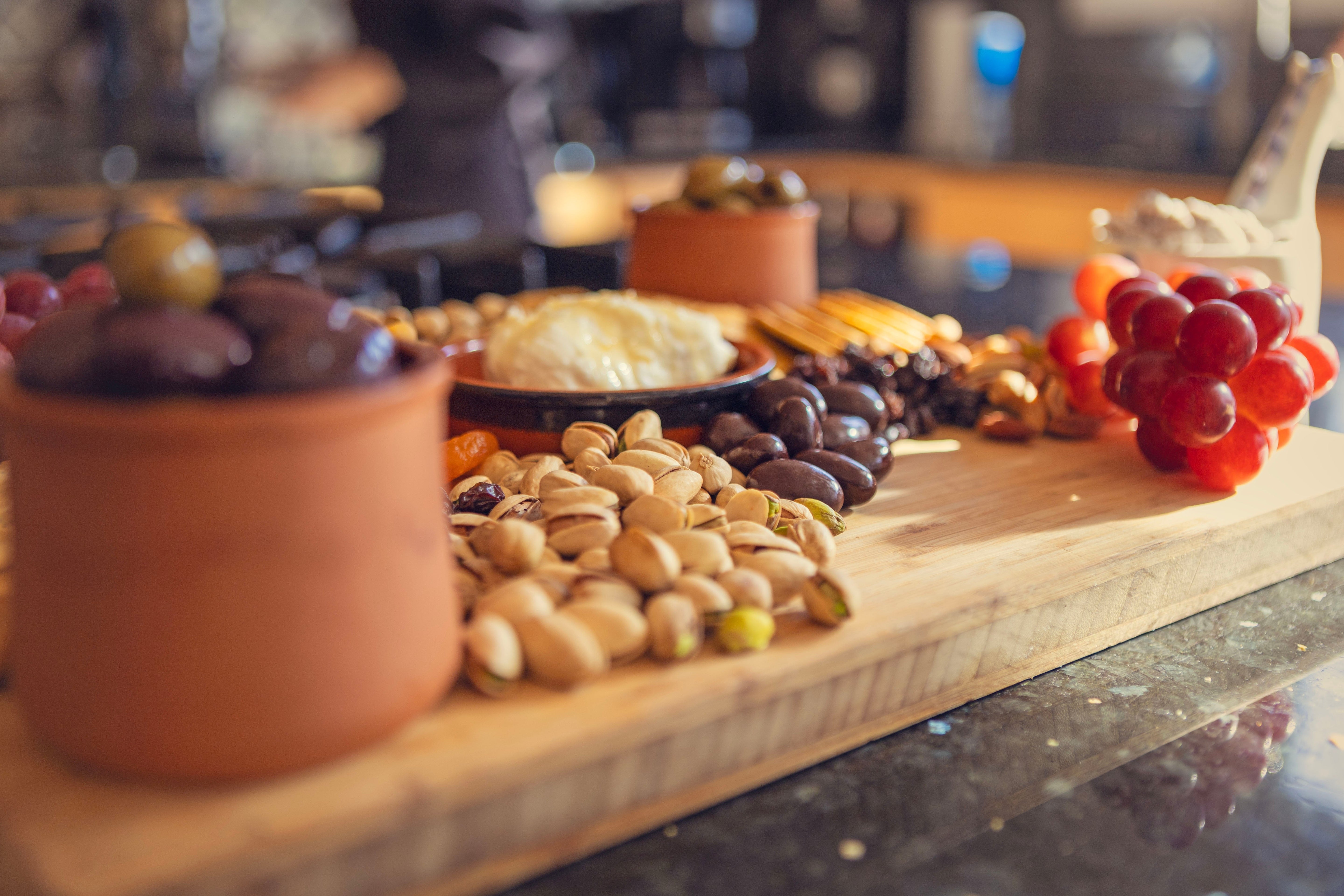Hey, beautiful souls! Let’s talk about something that might already be in your fridge or pantry but deserves a serious shoutout for its magical powers: fermented foods. These humble, tangy, and sometimes fizzy creations are like a secret weapon for your gut health. They don’t just add flavor to your meals—they can transform how your body feels from the inside out.
If you’ve ever wondered why everyone’s raving about kombucha, kimchi, or sauerkraut, stick with me. We’re diving into how fermented foods can work wonders for your gut and overall health.
Why Gut Health Matters
Your gut isn’t just a digestive machine; it’s your second brain. It’s home to trillions of bacteria that make up your microbiome, which influences everything from digestion and immune function to mental clarity and mood.
When your gut is happy and balanced, you feel energized, think clearly, and even experience fewer sugar cravings. But when it’s out of whack? You might feel bloated, tired, or stressed. Fermented foods can be the secret sauce to keeping your microbiome in harmony.
What Are Fermented Foods?
Fermented foods are made through a natural process where microorganisms like bacteria and yeast break down sugars and starches in the food. This creates beneficial compounds like probiotics, vitamins, and enzymes that are great for your gut.
Common fermented foods include:
-
Kombucha: A fizzy, slightly tangy tea.
-
Kimchi: Spicy fermented cabbage and veggies.
-
Sauerkraut: Fermented cabbage with a tangy kick.
-
Yogurt: Creamy and rich, made with live cultures.
-
Miso: A savory paste made from fermented soybeans.
-
Tempeh: Fermented soybeans in a firm, protein-packed block.
-
Pickles: When naturally fermented, they’re a crunchy probiotic treat.
How Fermented Foods Benefit Your Gut
1. Flood Your Gut with Probiotics
Fermented foods are loaded with probiotics—live bacteria that help maintain a healthy balance in your gut microbiome. Probiotics can improve digestion, reduce bloating, and even support mental health.
2. Boost Nutrient Absorption
When your gut is thriving, it’s better at absorbing nutrients like vitamins and minerals from your food. Fermented foods also enhance the bioavailability of nutrients, meaning your body gets more bang for its buck.
3. Reduce Inflammation
An unbalanced gut microbiome can trigger inflammation, which is linked to chronic conditions like arthritis, obesity, and even depression. Fermented foods can help keep inflammation in check.
4. Support Immune Health
Did you know that 70% of your immune system lives in your gut? By strengthening your gut with fermented foods, you’re also giving your immune system a major boost.
5. Help Manage Sugar Cravings
The good bacteria in fermented foods can help balance blood sugar levels and reduce those pesky sugar cravings. Win-win!
How to Add Fermented Foods to Your Diet
Incorporating fermented foods into your meals is easier than you think:
-
Breakfast: Add yogurt to your smoothie or enjoy it with granola.
-
Lunch: Top your salad or sandwich with kimchi or sauerkraut.
-
Dinner: Use miso to make a savory soup or marinade.
-
Snacks: Sip on a refreshing kombucha or munch on pickles.
-
Meat-Free Protein: Include tempeh in your stir-fries or tacos.
DIY Fermented Foods: Easy and Fun
Making your own fermented foods is not only satisfying but also cost-effective. Try making sauerkraut at home:
-
Shred a head of cabbage and massage it with salt until it releases water.
-
Pack it tightly into a jar, ensuring it’s submerged in its own brine.
-
Cover and let it ferment at room temperature for 1-2 weeks. Taste-test until it’s tangy enough for your liking!
The Science Behind Fermented Foods
Research backs up the gut-friendly benefits of fermented foods:
-
A study in Nature Reviews Gastroenterology & Hepatology (2020) found that probiotics from fermented foods can improve gut microbiota diversity.
-
The Journal of Medicinal Food (2019) highlighted that fermented foods support digestion and reduce gut inflammation.
-
According to Nutrients (2021), regular consumption of fermented foods may lower the risk of chronic diseases like obesity and type 2 diabetes.
A Gentle Reminder
Not all fermented foods are created equal. Check labels for live and active cultures, and avoid products loaded with sugar or artificial additives. If you’re new to fermented foods, start slow to give your gut time to adjust.
Let’s Nourish That Gut!
Adding fermented foods to your diet is a simple yet powerful way to show your body some love. They don’t just nurture your gut—they nurture your whole being, helping you feel more vibrant and balanced.
So grab that jar of sauerkraut, sip on some kombucha, or whip up your own kimchi at home. Your gut (and your taste buds) will thank you!
References
-
Marco, M. L., et al. (2020). "Health Benefits of Fermented Foods: Microbiota and Beyond." Nature Reviews Gastroenterology & Hepatology.
-
Tamang, J. P., et al. (2019). "Fermented Foods and Beverages: Microbiology and Health Benefits." Journal of Medicinal Food.
-
Dimidi, E., et al. (2021). "Fermented Foods: Mechanisms of Action and the Potential Benefits for Gut Health." Nutrients.
Meet Fitnexa, your AI-driven companion that turns everyday habits into a positive, uplifting journey. From effortless meal analysis (including recipe suggestions) to personalized coaching and real-time support, Fitnexa keeps you on track toward lasting wellness — so you can stay younger, live longer.
https://apple.co/4hr8JGW








Leave a comment
This site is protected by hCaptcha and the hCaptcha Privacy Policy and Terms of Service apply.